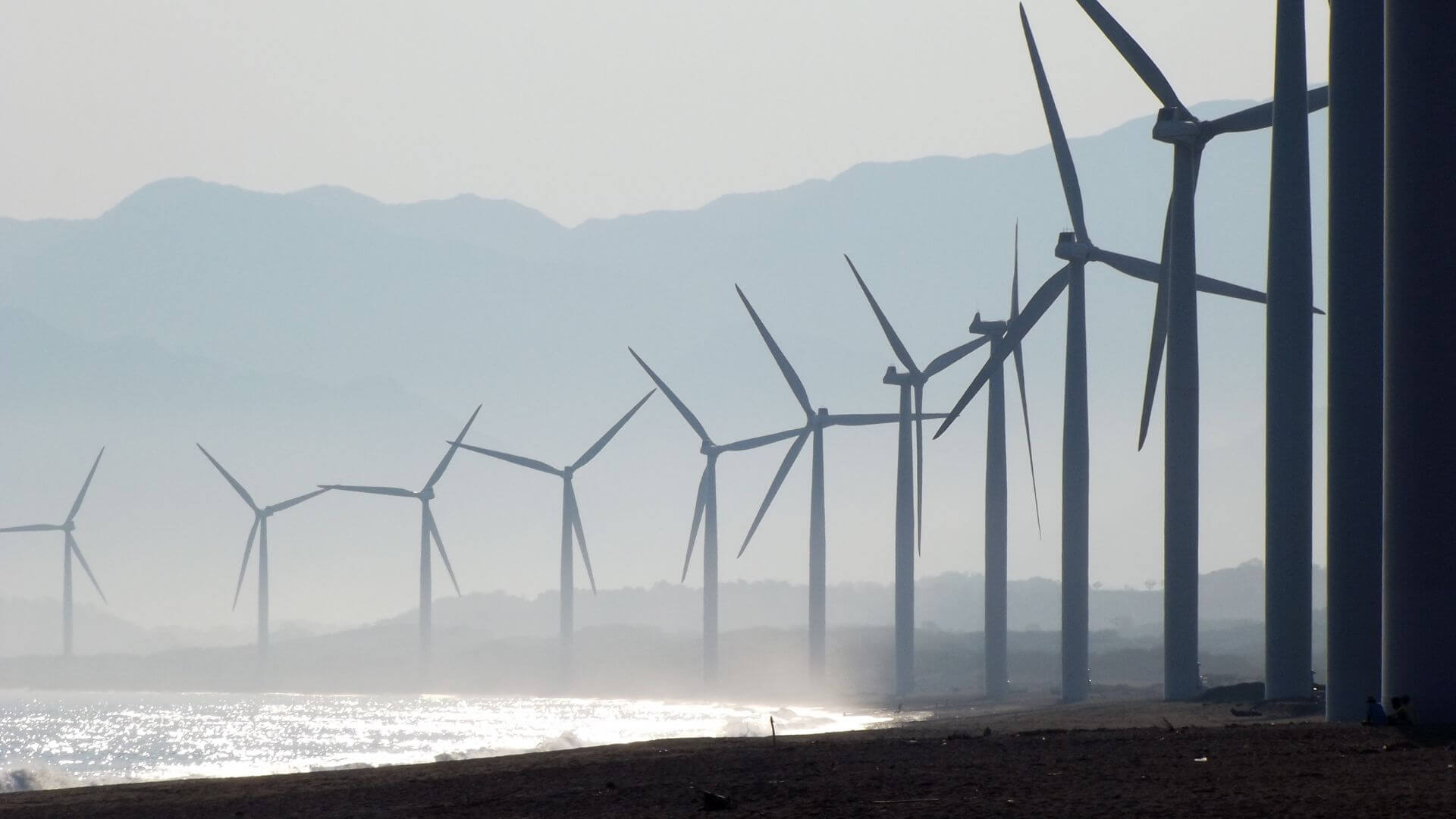OCTOBER 21, 2023

The mission of the Renewables for All (RELP) initiative is to help bridge the critical gap between available global capital and the pressing need for clean energy infrastructure in emerging markets. Launched by Sebastián Kind (Awardee 2019) through the Climate Breakthrough Award program, the initiative helps governments implement policies and credit-enhancement tools that can attract investment, foster competition, and ultimately lower the cost of renewable energy generation.
The Challenge
Despite the global push toward clean energy, developing nations face a persistent obstacle: the high cost of capital for renewable projects. While wind and solar technologies have become increasingly competitive worldwide, their deployment has largely been concentrated in developed nations, China, and India.
The reason is straightforward yet complex to solve: investors perceive higher risks in developing markets and this leads to dramatically higher financing costs. In fact, the cost of capital in non-OECD countries is typically double that of OECD nations, making otherwise viable renewable projects economically unfeasible.
The Initiative
This initiative is grounded in successful experience. The team behind it previously designed and implemented Argentina’s RenovAr program, which mobilized billions of dollars in investments across hundreds of projects, totaling 5 GW of new-build capacity in just a few years. This experience in a challenging market environment sets this initiative apart from traditional think tanks and advisory bodies.
What makes RELP’s approach unique is its focus on implementation rather than just policy recommendations. They will work directly with governments to customize solutions for each market’s specific challenges, while maintaining strict independence by refusing funding from private sector utilities or power generation companies to avoid conflicts of interest.
What makes their approach unique is its focus on implementation rather than just policy recommendations. They plan to work directly with governments to customize solutions for each market’s specific challenges, while maintaining strict independence by refusing funding from private sector utilities or power generation companies to avoid conflicts of interest.
The Vision
The stakes are high. Many developing nations are currently opting for coal, diesel, and natural gas generation to feed their growing economies, potentially locking in decades of increased greenhouse gas emissions. By reducing financing costs through proper risk allocation and credit enhancement, renewable energy can become the more attractive option for these markets.
Success would mean more than just environmental benefits. Lower energy costs could drive economic development, while clean power generation would reduce public health expenditures and create local employment opportunities. The initiative can represent a practical approach to addressing both climate change and energy poverty in developing nations.

